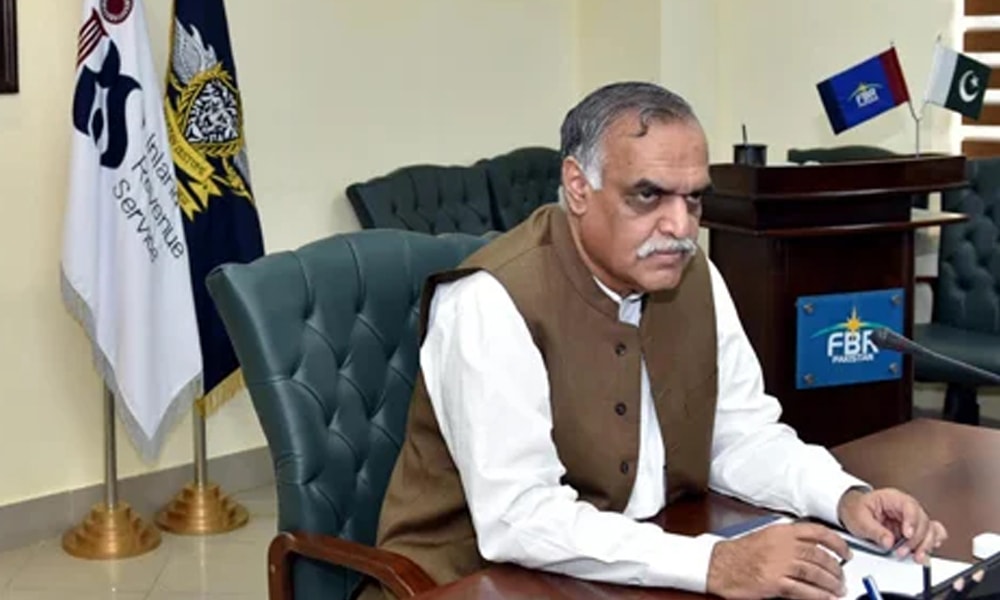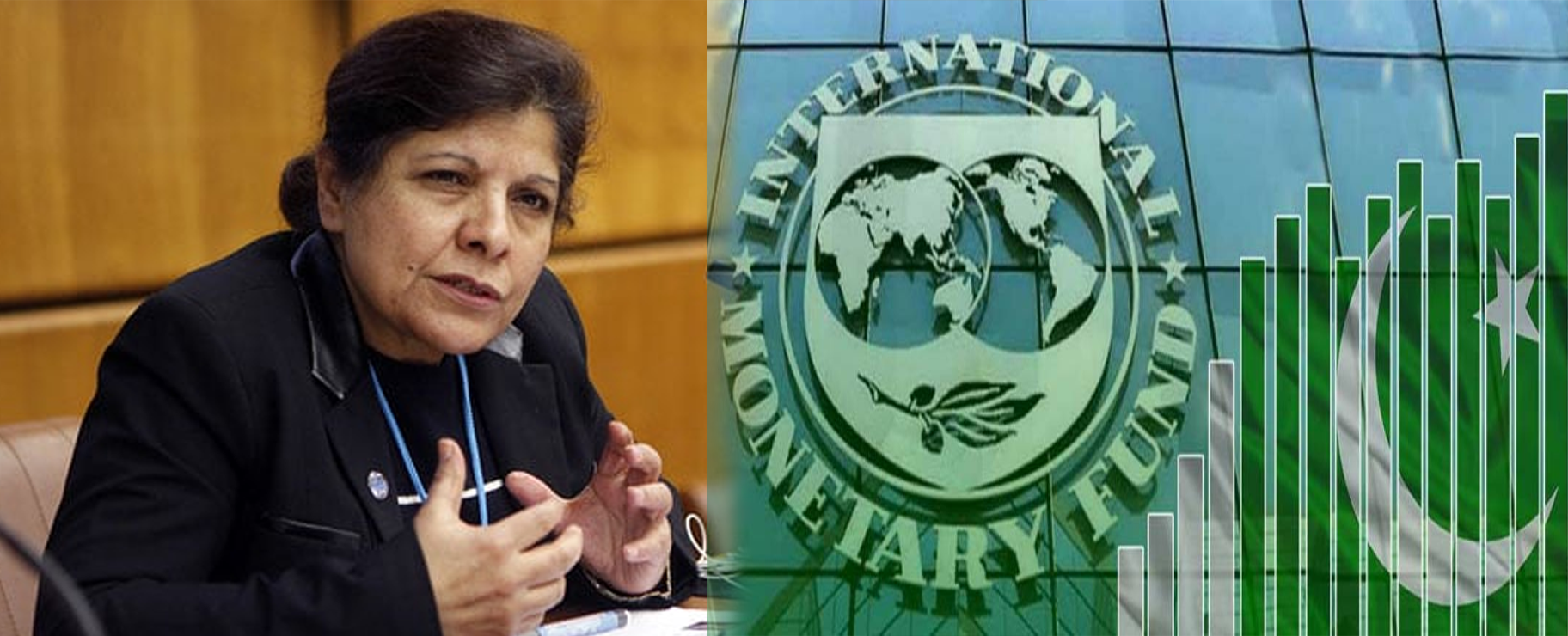PTBP Web Desk
Prime Minister Shehbaz Sharif on Thursday publicly praised Ijaz Hussain, a senior official of the Federal Board of Revenue (FBR), for his pivotal role in exposing a massive sales tax scam amounting to a trillion rupees. This commendation not only highlighted the personal integrity of Hussain but also served as a clarion call for other officials within the FBR to uphold similar standards of ethical conduct.
To underscore the importance of such acts of honesty, PM Shehbaz awarded Hussain a cash prize of Rs5 million. This financial recognition is part of broader initiatives by the government to foster a culture of integrity and discourage corruption within key economic institutions like the FBR.
The scam involved the fraudulent use of an 80-year-old lady’s credentials to perpetrate sales tax fraud, which was initially brought to light by Ijaz Hussain on March 4. An amount of Rs370 million had already been siphoned off under this scheme, with the main culprit now in custody and the funds under recovery.
During a high-level meeting with FBR officials, the Prime Minister reiterated his commitment to reforming the FBR. He emphasized the need for stringent measures against tax evasion, stating, “Tax theft should not be tolerated in any way.” Sharif directed the FBR to engage a highly qualified legal team to delve deep into the fraud, ensuring that offenders are prosecuted rigorously.
PM Sharif called not only for the punishment of the tax evaders but also for identifying and penalizing any FBR officials who might have facilitated this fraud. His directive was clear: systemic corruption must be rooted out to cleanse the organization and enhance public trust in governmental institutions.
The recognition of Hussain’s integrity serves a dual purpose: it rewards ethical behavior and sets a precedent for other officials. Sharif’s statement, “There is no shortage of honest and competent officers in FBR,” was not just an acknowledgment of existing integrity but also an encouragement for others to come forward with their contributions to the organization’s purification.
This incident has sparked discussions on the effectiveness of current systems within the FBR to detect and prevent tax fraud. The government’s push for digitalization and reform within the FBR aims at widening the tax base while preventing such financial malfeasance. By highlighting this case, Sharif aims to instill a sense of accountability and improve the operational transparency of the tax collection body.
The Prime Minister’s office has outlined several steps to prevent future occurrences of similar frauds:
Hiring specialized legal teams to ensure robust legal action against fraud.
Implementing digital solutions to reduce manual handling and thereby decrease the scope for corruption.
Proposing amendments to make tax evasion penalties more stringent.
The exposure of this scam not only brings to light the challenges of tax evasion but also the potential for recovery of lost revenue. Economically, recovering such large sums could significantly aid in fiscal stability and funding public projects. Publicly, it reinforces the narrative that the government is actively pursuing corruption, which could improve citizen trust in the taxation system.



